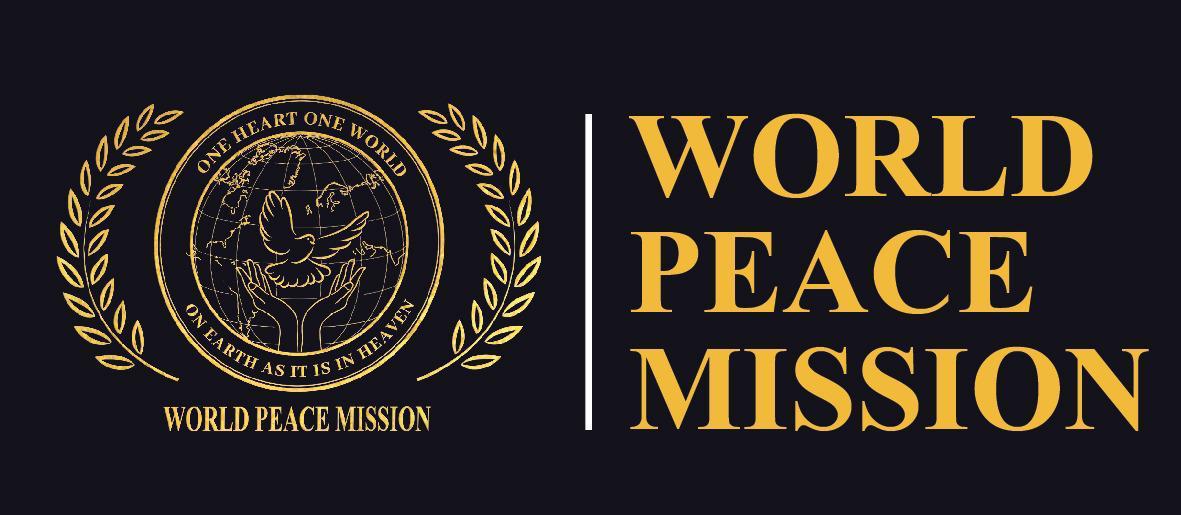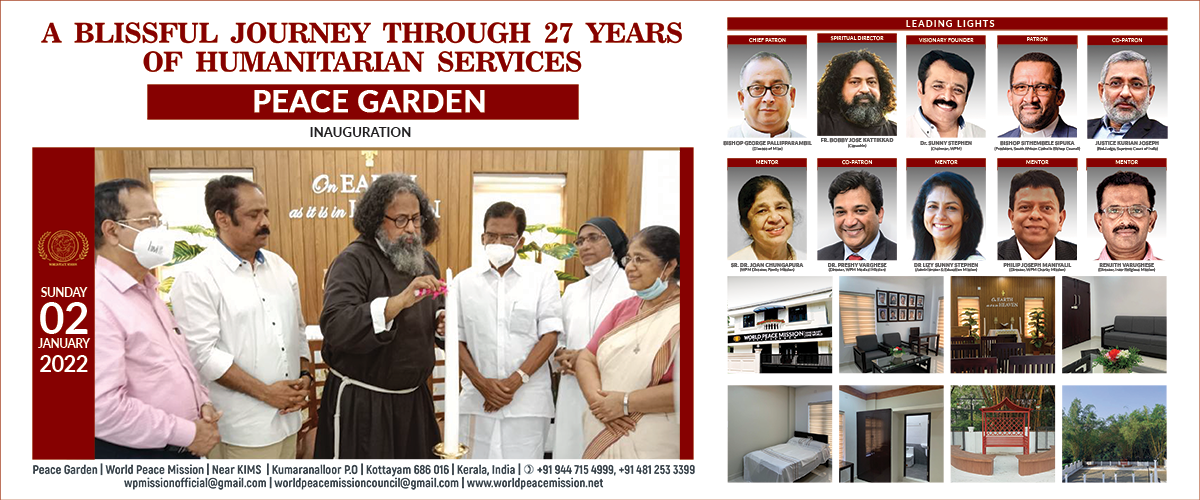WPM believes that a child or young person should never experience abuse of any kind. We have a
responsibility to promote the welfare of all children and keep them safe.This policy sets out WPM’s
commitments, policies and practices with respect to the protection of children and it applies to all WPM’s
Board, staff, members, volunteers or anyone working on behalf of this organization.
WPM is committed to modelling best practice in the area of protecting and safeguarding children and has
developed this policy to formalise its child protection commitment, both to children and the families its
representatives come into contact with. This child protection policy will be regularly reviewed.
The Purpose of this Policy is :
a) to protect children and young people who receive WPM services.This includes the children of adults
who use our services.
b) to provide staff, members and volunteers with the overarching principles that guide our approach to
child protection.
2. Guiding principles
The child protection policy is guided by the following principles;
• WPM recognises that the right of the child to protection from harm is paramount;
• All children have the right to protection from abuse, irrespective of age, culture, disability, gender,
language, racial origin, religious belief, and/or sexual orientation or gender identity;
• Everybody has a responsibility to protect children; and
• All suspicions and allegations of abuse will be taken seriously and responded to swiftly and
appropriately.
WPM is fully committed to upholding the principles and commitments inherent in binding international
treaties of the UN Convention on the Rights of the Child.
3. WPM will seek to keep children and young people safe by:
• valuing, listening to and respecting them
• appointing a nominated child protection lead for children and young people, for safeguarding
• adopting child protection and safeguarding best practice through our policies, procedures and code of
conduct for staff and volunteers
• developing and implementing an effective online safety policy and related procedures
• providing effective management for staff and volunteers through supervision, support, training and
quality assurance measures so that all staff and volunteers know about and follow our policies,
procedures and behaviour codes confidently and competently
• recruiting and selecting staff and volunteers safely, ensuring all necessary checks are made
• recording, storing and using information professionally and securely, in line with data protection
legislation and guidance of local agencies of respective countries.
• sharing information about safeguarding and good practice with children and their families via leaflets,
posters, group work and one-to-one discussions
• making sure that children, young people and their families know where to go for help if they have a
concern.
• using our safeguarding and child protection procedures to share concerns and relevant information with
agencies who need to know, and involving children, young people, parents, families and carers
appropriately
• using our procedures to manage any allegations against staff and volunteers appropriately
• ensuring that we have effective complaints and whistleblowing measures in place
• ensuring that we provide a safe physical environment for our children, young people, staff and
volunteers, by applying health and safety measures in accordance with the law and regulatory guidance
• building a safeguarding culture where staff and volunteers, children, young people and their families,
treat each other with respect and are comfortable about sharing concerns.
4. Responding to allegations and suspicions of child abuse
4.1 Definition of child abuse
WPM bases its policy on the World Health Organisation’s definition of child abuse:
“ Child maltreatment is the abuse and neglect that occurs to children under 18 years of age. It includes all types of
physical and/or emotional ill-treatment, sexual abuse, neglect, negligence and commercial or other exploitation, which
results in actual or potential harm to the child’s health, survival, development or dignity in the context of a relationship
of responsibility, trust or power. Exposure to intimate partner violence is also sometimes included as a form of child
maltreatment.”
This definition is intended to cover:
• Sexual abuse – Actual or threatened sexual exploitation of a child, including all forms of sexual activity
such as rape, incest and pornography.
• Physical injury – Actual or likely physical injury to any child or a failure to prevent physical injury or
suffering.
• Neglect – The persistent or severe neglect of a child or the failure to protect a child from exposure to
any kind of danger including cold or starvation, failure to carry out important aspects of care resulting in
the impairment of the child’s health or development.
• Emotional abuse – Actual or likely severe adverse effect on the emotional and behavioural development
of a child caused by persistent or severe emotional ill-treatment or rejection.
All WPM staff members and partners are expected to uphold the highest possible standards in the
prevention of child abuse, which includes reporting on allegations or suspicions of abuse wherever they
may arise. This policy concerns the specific obligation of WPM staff and partners to address such
allegations and suspicions when they encounter them in the course of their work with WPM, and sets out
the procedure they should follow in such cases.
4.2 WPM’’s child protection reporting procedure
WPM is committed to responding effectively and sensitively to all allegations and suspicions of child
abuse, both current and in the past.
To make WPM’s commitment to the protection of children a reality, the human resource focal point will act
as the organisation’s designated child protection officer.
The procedure detailed in Appendix 1 applies to the Designated Officer and all WPM staff, Board
members and associated personnel whilst involved in local and overseas activities on behalf of WPM.
4.3The Designated Officer(s) will:
• Ensure adherence to this policy;
• Act as a liaison person with statutory services in matters relating to child protection (See Appendix 1 for
the recording form);
• Act as resource person to the organisation providing support and guidance in matters relating to child
protection.
4.4 Roles and responsibilities
It is the Designated Officer’s role to receive information from WPM staff and Board members and
partners where they have received or are aware of allegations or suspicions of child abuse. The D.O. is
responsible for managing the allegation/disclosure or concern, including managing the preliminary inquiry
and liaising with the police, the social services, and other local authorities. It is also his or her role to
inform all people involved about how the inquiry is progressing (to be done in consultation with the
authorities).
4.5 Detailed procedure for D.O:
• Receive information about a concern or allegation
• Create a child protection case file
• Take possession of all original records/information and place in case file
• Where appropriate, explain the WPM child protection procedure to the complainant and his or her
parent(s)
• Make a child protection referral to the statutory services where appropriate and request a receipt in
writing from the services for the child protection referral, and request to be kept informed of progress with
the case.
• Contact the emergency services if a child is deemed to be at immediate risk)
• Conduct an internal investigation (if the allegation/concern involves a member of the staff of WPM or an
WPM partner) on conclusion of any external investigation (if appropriate), and implement, in consultation
with the Executive Director and/or the Chairman of the Board, any disciplinary procedures that may be
necessary.
4.5 Procedure for all other staff and personnel
WPM staff and Board members and partners should take the following actions if you receive a concern,
suspicion, disclosure or allegation of child abuse. Please remember it is not your role to investigate.
• Act immediately on any concern, suspicion, disclosure or allegation of child abuse.
• Refer all information to the D.O. as soon as possible.
• Wherever possible, document the allegation in writing immediately, but not later than the end of that
day.
• Assess the risk and make an immediate referral to the statutory services if you deem a child to be at
immediate risk (i.e. do not wait to refer to the D.O. if a child is in immediate danger.)
• The contact details of the D.O. should be given to all persons making a child protection
allegation/concern that the D.O. can explain to them the child protection procedure that WPM follows.
• Maintain professional confidentiality at all times. Information shared in relation to child abuse
allegations/concerns with the authorities is done in professional confidence.
• The D.O. will take the lead role in consulting with authorities and securing follow-up action and
reporting.


